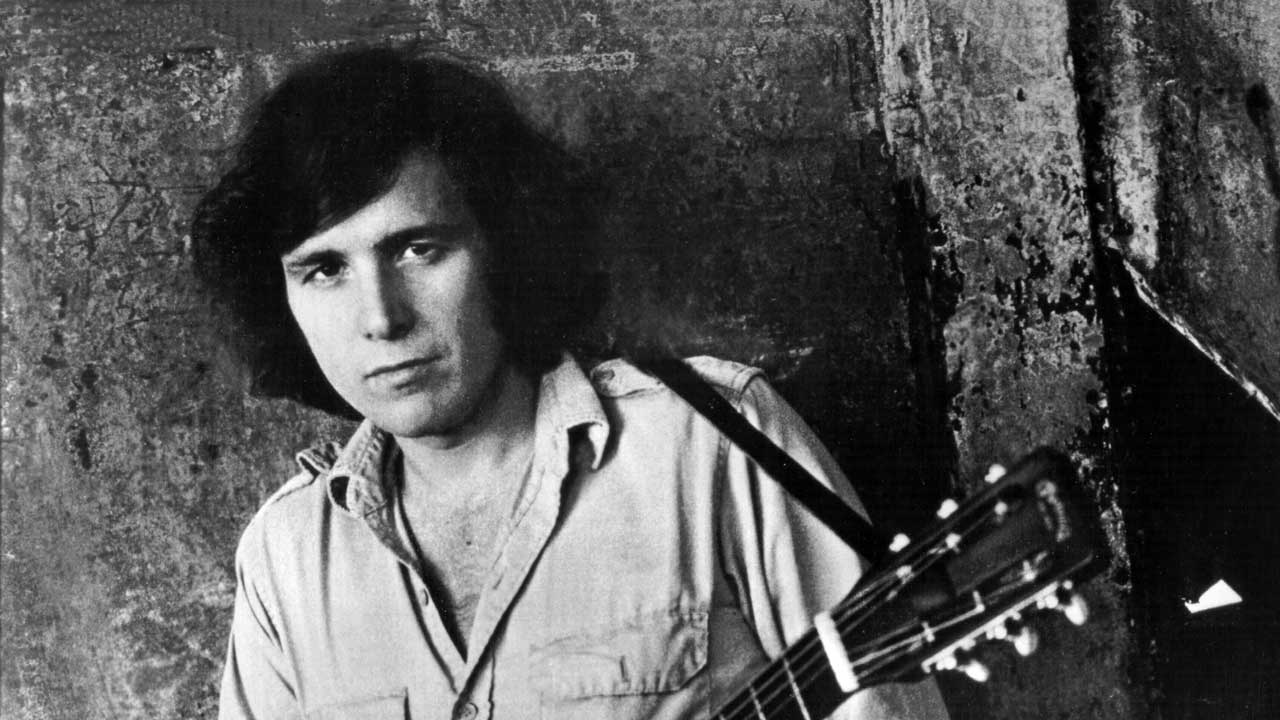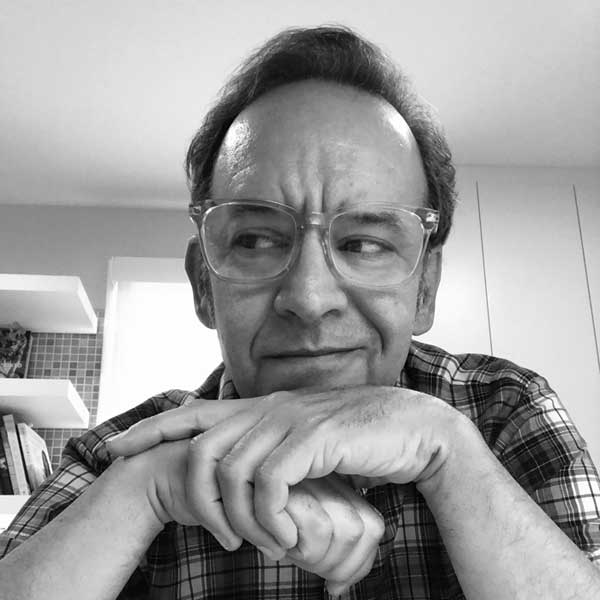"It was the requiem for the kind of life that we all had dreamed would be in the sixties": More than half a century on, a folk-rock anthem about the souring of the American Dream continues to confound and inspire
The story of the song about America that's been a global hit for two different musicians

A long, long time ago – 55 years ago, actually – Don McLean was a little-known singer-songwriter with a lot on his mind. The then 25-year-old was living in New York, writing songs for the follow-up to his debut album Tapestry, and felt he needed “a big song to tie it all together”.
“I was conscious of the fact that I was trying to create a rock’n’roll dream sequence,” McLean told me in 1997, of his concept for American Pie. “But it was way more than rock’n’roll. It was about an America that was coming apart at the seams. I was trying to create this American song, but not like This Land Is Your Land or America The Beautiful. I wanted to connect with the parts of America that mattered to me, starting with Buddy Holly. Buddy didn’t matter to anybody when I wrote this song, I have to tell you.”
On the day the music, or Holly, died in 1959, McLean was a 13-year-old paper boy in New Rochelle, NY. “The opening part of the song was born in one piece,” he said. “I wrote it remembering how it was the day I saw the newspaper, and the article that said my favourite artist had been killed. That got me started.”
For what grew into an elaborate jigsaw puzzle that joins different sections, characters and emotions, the assembly required patience. McLean said: “A while later, I wrote the chorus and came up with the title. It’s apple pie, parts of the pie. We’re always talking about the economic pie, and pie has sexual significance as well. Then one day, in a blaze of glory, I just wrote the whole rest of the song, and I tied together musical imagery of unspecified meaning with this story about America.”
When McLean took the song to producer Ed Freeman, he played an abridged version. “He sang me the first verse and chorus,” Freeman tells Classic Rock. “He said: ‘That’s all I’ve done so far.’ I said: ‘Hey, you should finish that. It sounds like a hit record.’ I think he’d already finished it, but he didn’t want to sing it all. It’s sort of an imposing thing to do to somebody you’re trying to involve as a record producer, sing an eight-and-a-half-minute song [laughs].”
Initially, McLean wanted to record American Pie with just an acoustic guitar, but Freeman “leaned on him” to use a rhythm section. “To me, that’s the most crucial thing I did for that whole record,” Freeman says. “Don had not really had any experience playing with other people, and he was very leery about it. So instead of getting in a bunch of seasoned studio musicians who could knock it out in five minutes, I deliberately got musicians who were good, but weren’t slick, burned-out superstar players. They’d be able to approach Don on the same level.”
In May 1971, after two weeks of rehearsal, they entered the Record Plant in NYC. With McLean on acoustic guitar, accompanied by bassist Bob Rothstein and drummer Roy Markowitz, they nailed a rhythm track for the main body of the song in one confident take. “Then I added pianist Paul Griffin and guitarist David Spinozza, and it got very exciting,” Freeman recalls. “When everybody came in the booth to listen to the track, it was magic. We knew we had something on our hands that was pretty special.”
Sign up below to get the latest from Classic Rock, plus exclusive special offers, direct to your inbox!
In a 2020 interview, McLean lamented that he “hadn’t learned to relax in the studio yet”, and wished that he’d been looser during the sessions.
“Well, Don was pretty green in the studio,” Freeman says. “He wasn’t comfortable with overdubbing, and me splicing his vocals two hundred times. But in a way that’s what makes it so good. The whole record was about balancing that innocence and naiveté, which is really important, with a professional-sounding record. That was my job.”
At a time when most radio hits clocked in at around three minutes, American Pie’s length posed a challenge. An edit for AM radio cut it to four minutes, while FM insisted on playing the full version. More problematic was how to press it on a seven-inch vinyl record.
“There was just no way to physically put an eight-minute song on one side of a forty-five,” Freeman explains. “So we split it, part one and part two. Even so, I spent weeks in the mastering lab, looking at every groove under a microscope to see if we were actually getting the song on there so the needle wouldn’t skip. And still we had a 100,000 returns on forty-fives, because the needle did skip! Oh my god, it was a fucking nightmare.”
But none of that stopped the rollicking tune from becoming a monster hit. But it was the riddles in the lyrics that turned it into a water-cooler sensation. Was he singing about Mick Jagger and The Beatles? And who was the jester? To this day, McLean has remained tight-lipped.
“There are many interpretations of my lyrics, but none by me,” he said. “It was really funny to me that after the song became famous people started becoming so interested in the lyrics. I was trying to write about America, not Elvis or The Beatles. They were missing the point really by trying to say who’s this and who’s that in the song.”
The ensuing fame was not an easy fit for the introverted McLean. “I was a news story wherever I went. But it was a conflict, because I just wanted to continue on my journey. I was running like mad – and I mean 365 days a year. So I just sort of went in a heap in the corner for a while – an exhaustion period which lasted about six or eight months in 1974.”
Now 80, McLean received his star on the Hollywood Walk of Fame in 2021, and continues to perform. Of American Pie, he said in 2020: “It’s a great song. But if we hadn’t made a great record of it, I wouldn’t be talking about it now.”
“A record like that changes your life,” says Freeman, who’s been an acclaimed photographer for the past 35 years. “It’s not just the success. It had an enormous impact for me psychologically. It was the requiem for the kind of life that we all had dreamed would be in the sixties.”
American Pie continues to resonate. Madonna covered it in 2000, scoring a global millennium hit with a song she described as "saying goodbye to pop culture as we knew it", while others to have performed it include unlikely names like BulletBoys, (Hed) P.E. and Mott The Hoople.
In 2021, the "docu-concert" Inside American Pie premiered at Harmony House, a 140-seat music hall in Hunter River, Prince Edward Island, Canada. The show deconstructs McLean's song and others, including The Rolling Stones' Sympathy For The Devil, Janis Joplin’s Piece Of My Heart, The Beatles’ Helter Skelter and more. This year, the show comes to the UK, with a limited run scheduled at the Studio Theatre at Curve in Leicester in February and March.
Bill DeMain is a correspondent for BBC Glasgow, a regular contributor to MOJO, Classic Rock and Mental Floss, and the author of six books, including the best-selling Sgt. Pepper At 50. He is also an acclaimed musician and songwriter who's written for artists including Marshall Crenshaw, Teddy Thompson and Kim Richey. His songs have appeared in TV shows such as Private Practice and Sons of Anarchy. In 2013, he started Walkin' Nashville, a music history tour that's been the #1 rated activity on Trip Advisor. An avid bird-watcher, he also makes bird cards and prints.
You must confirm your public display name before commenting
Please logout and then login again, you will then be prompted to enter your display name.



